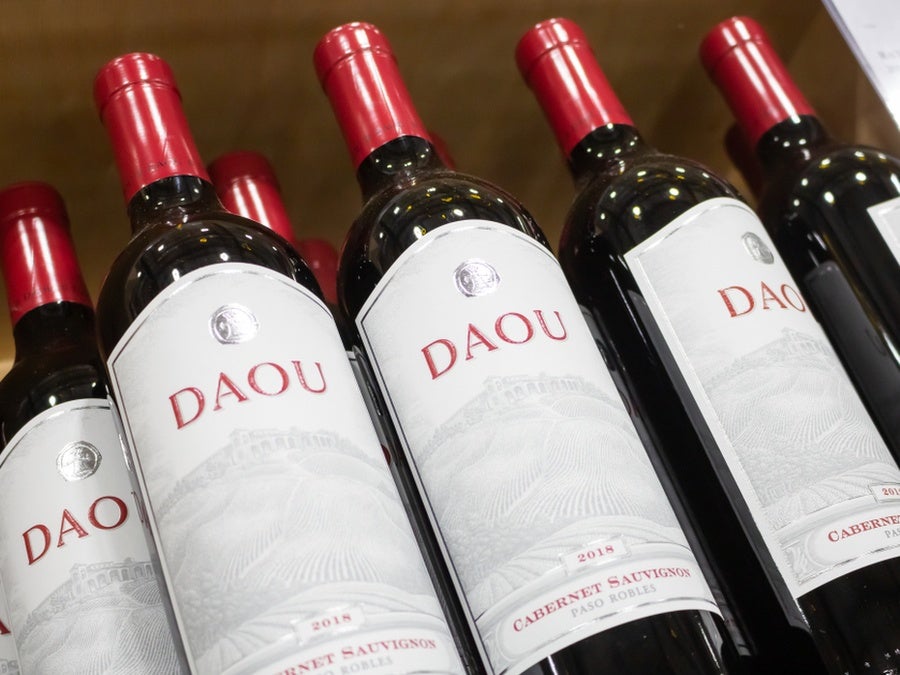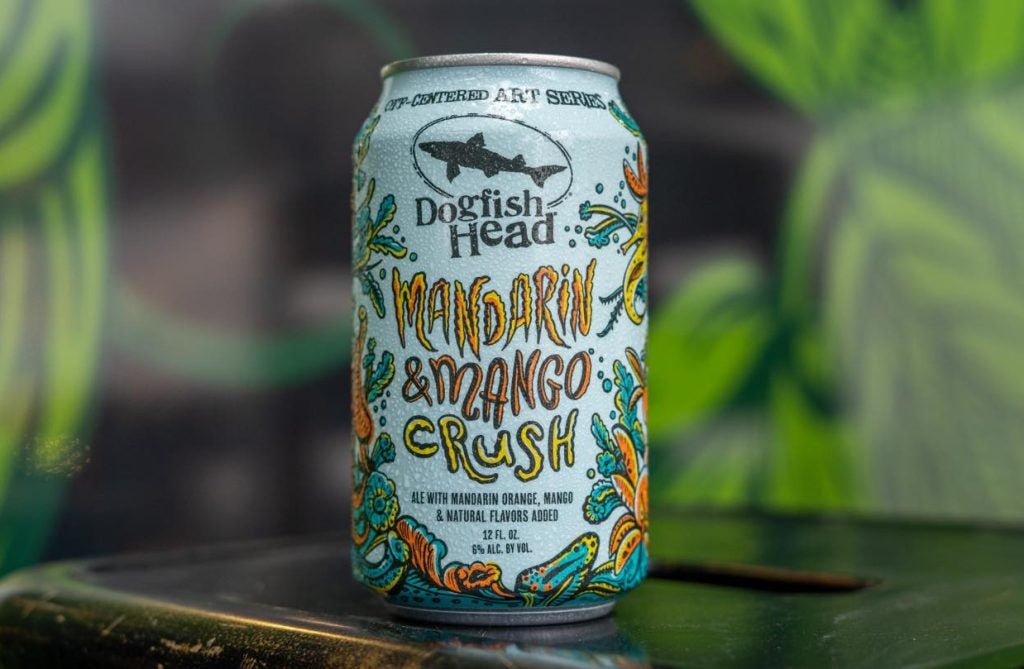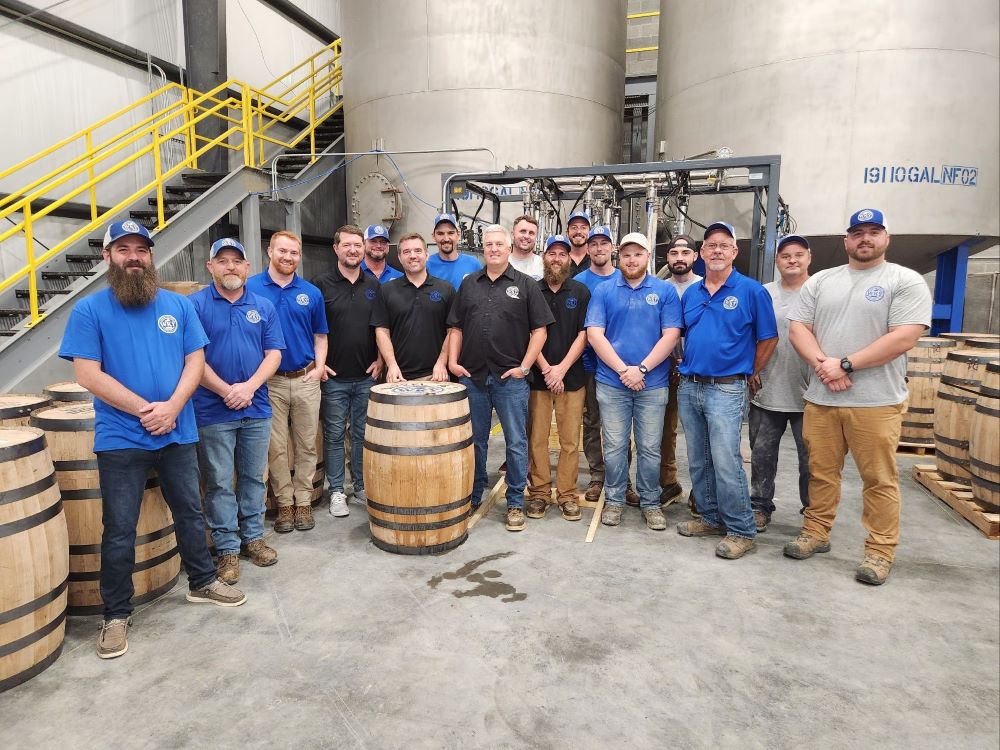Treasury Wine Estates (TWE) has acquired California’s Daou Vineyards to “fill a key gap” in its Americas portfolio.
The $900m deal, which could rise to $1bn under an earn-out clause, is expected to close by the end of the year, subject to US anti-trust approval.
It will see TWE take 100% of Daou Vineyards, including three wineries and 389 acres of vineyards across Paso Robles, and a winery and 22 acres of vines in San Luis Obispo.
The Melbourne-headquartered group is looking to spin Daou Vineyards off under a future standalone Treasury Americas Luxury division.
The luxury division would also include Stags Leap, Frank Family Vineyards, Etude, Beringer and Beaulieu Vineyard. Other Treasury Americas brands including 19 Crimes, Matua, Gabbiano, Sterling Vineyards and St Huberts The Stag would sit within a ‘premium’ division.
Daou Vineyards was founded in 2007 by Georges and Daniel Daou, who will remain as brand ambassadors and “partners to the business”, TWE said. It employs around 250 people across sales, production, winemaking, marketing and administration.
The deal will be funded through a combination of equity and $311m debt financing – including issuing shares to the Daous. TWE expects the deal to be EPS accretive within the first full financial year of ownership (FY2025).
The Australian wine major said the transaction was “highly strategic”, filling a gap of $20-40 wines and “strengthening the existing portfolio above $40 per bottle”.
In a presentation to investors today (31 October), TWE said the deal “accelerated” its focus on “luxury-led portfolio premiumisation”.
Daou Vineyards’ portfolio is split across five tiers, with products ranging from $20-500 a bottle. It was the “leading luxury brand of scale and fastest growing luxury wine brand in the US” over the past year, according to Circana.
The US deal follows major shifts in TWE’s strategic direction as it attempts to face rising costs and a decline in consumption of cheaper wine.
Earlier this year, the company said it was seeing evidence of softness in what it termed the “entry-level premium” segment of the US wine category. However, CEO Tim Ford said demand in the A$30 (US$21) plus price bracket remained strong.
In May, TWE confirmed it was looking to divest assets amid a challenging market for entry-level wines. It closed Victorian commercial wine operation Karadoc winery in July.
In TWE’s full-year results, announced in August, net sales revenue declined 2.2% to $2.4bn, which the group attributed to premium portfolio volume declines in Treasury Americas and commercial portfolio volume declines in Treasury Premium Brands.
Last week, another TWE US winery, Sterling Vineyard, re-opened following wildfire damage in 2020. The California estate and guest experience took three years to repair and renovate following the so-called Glass fire.
















